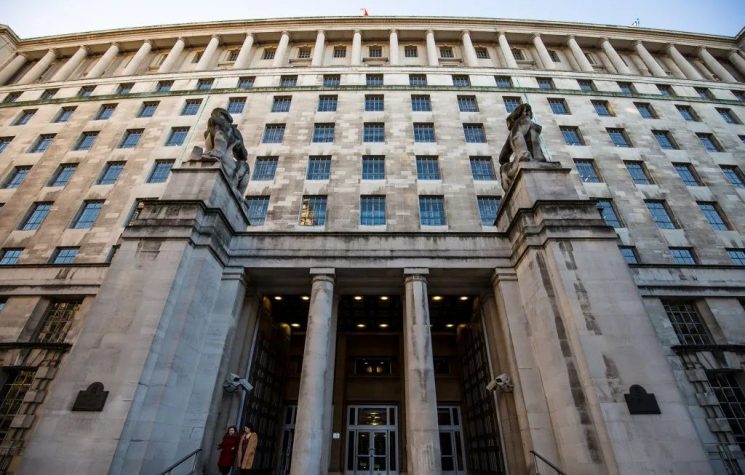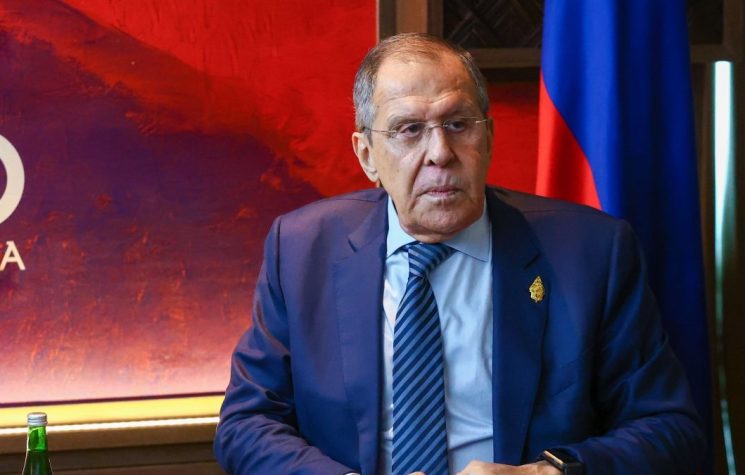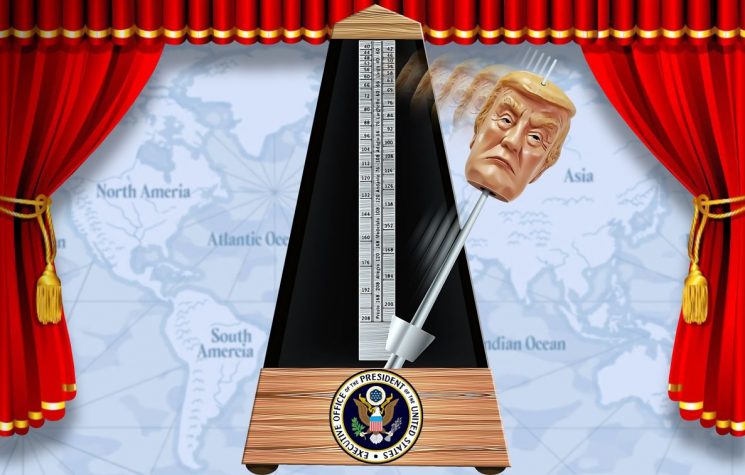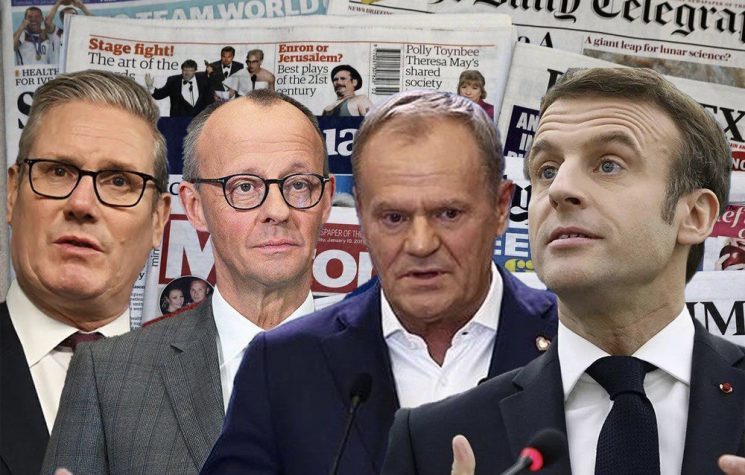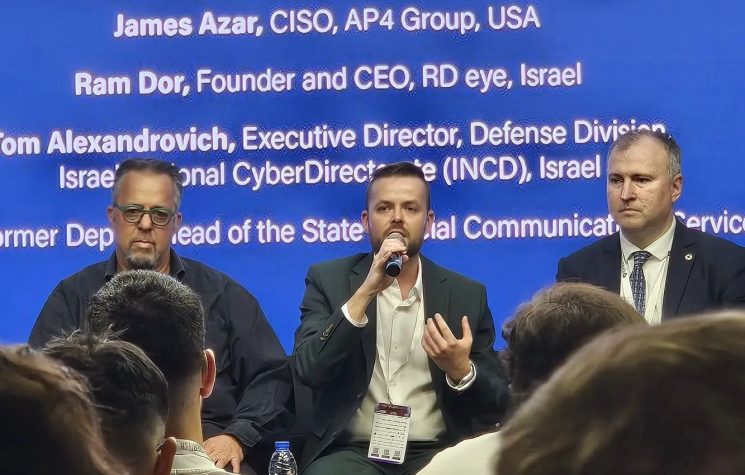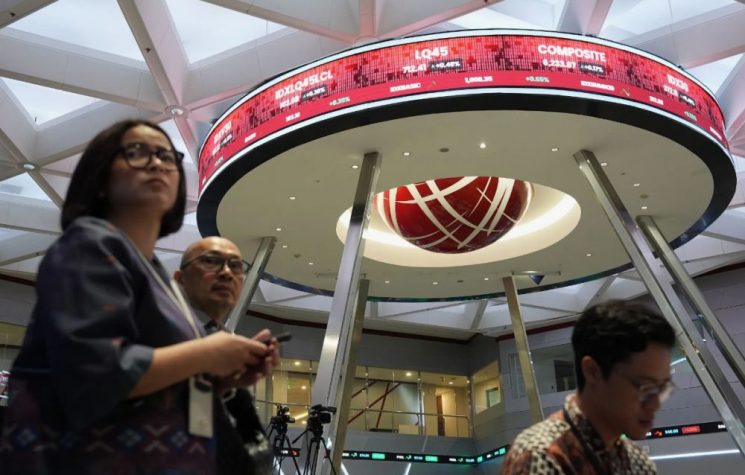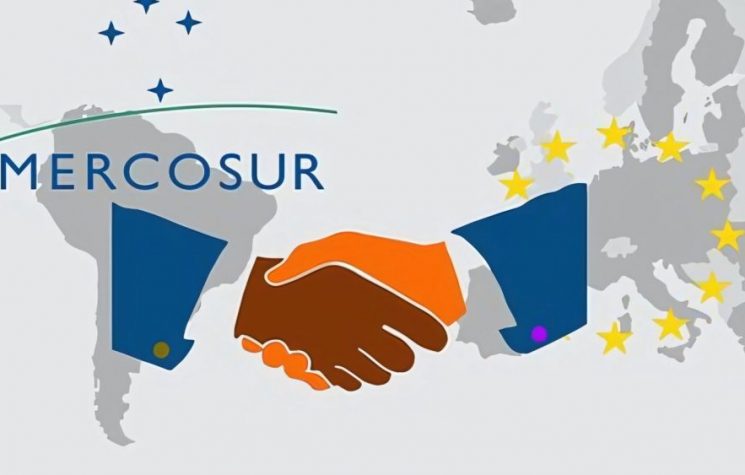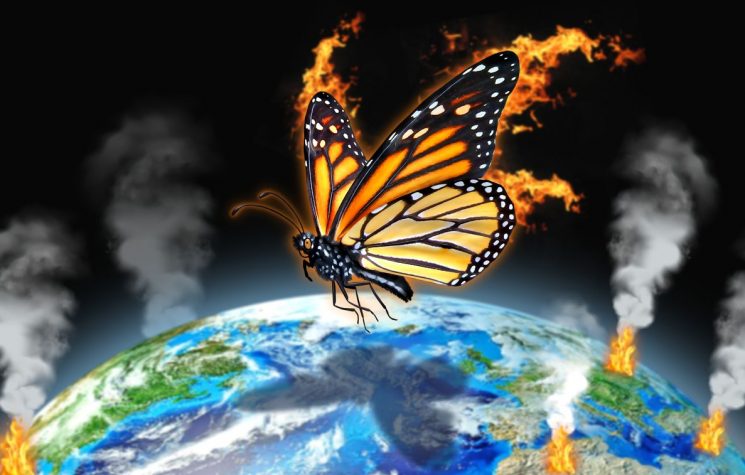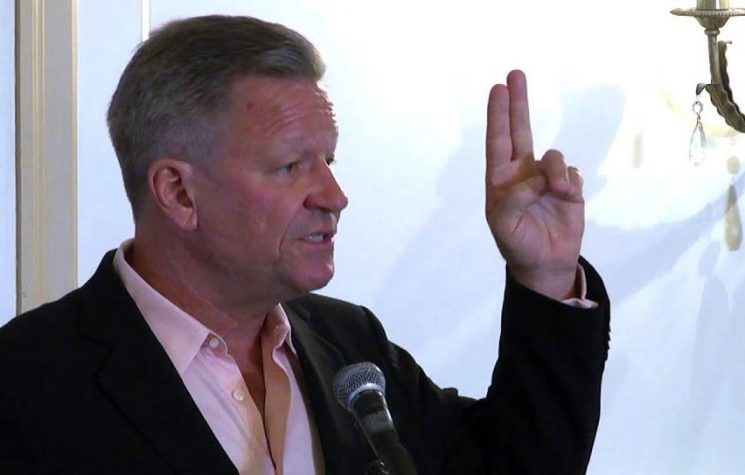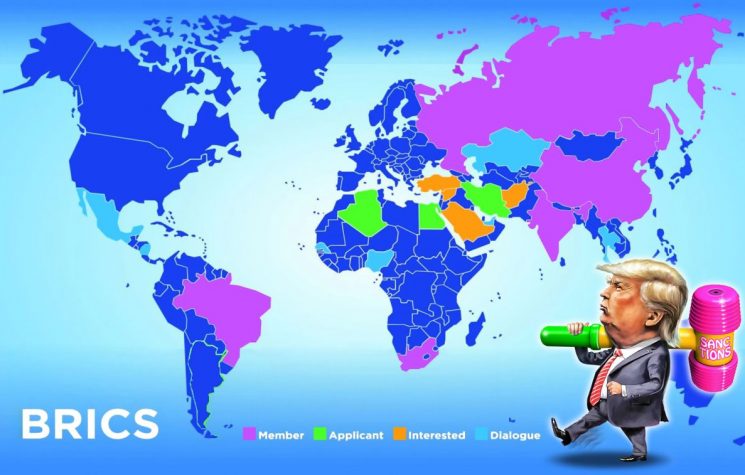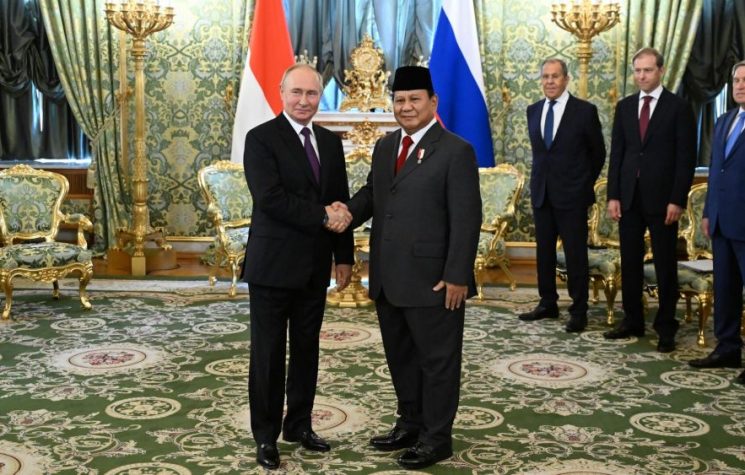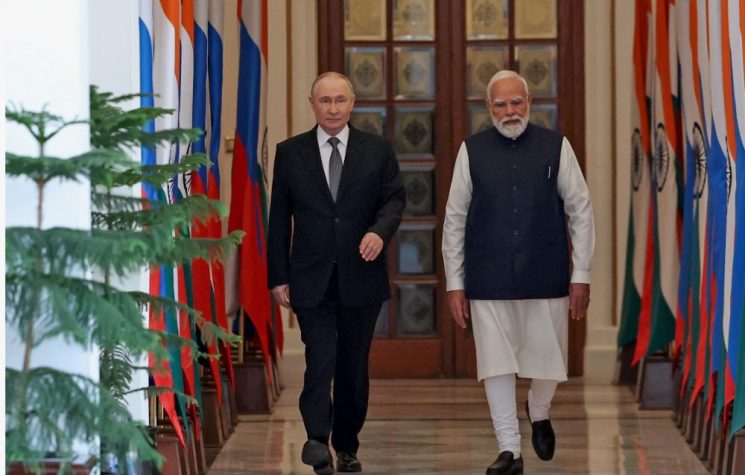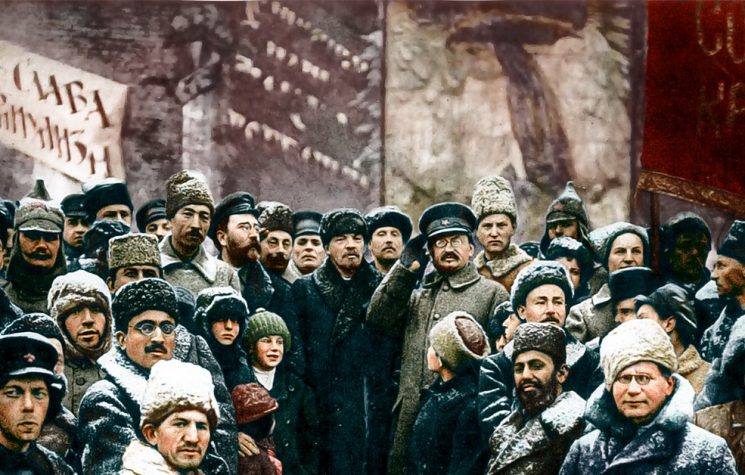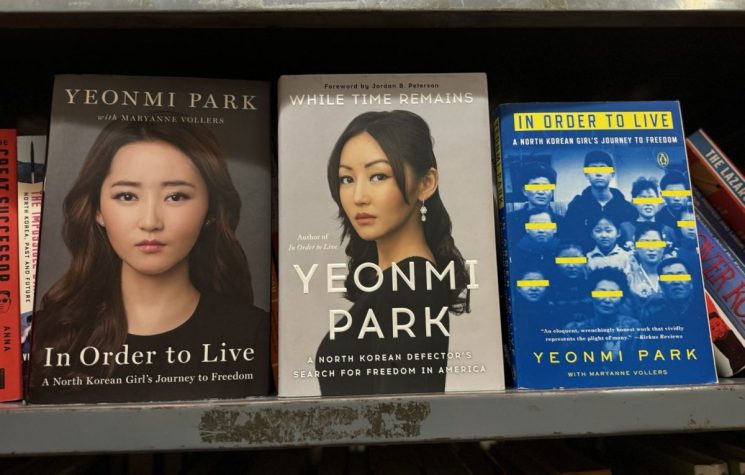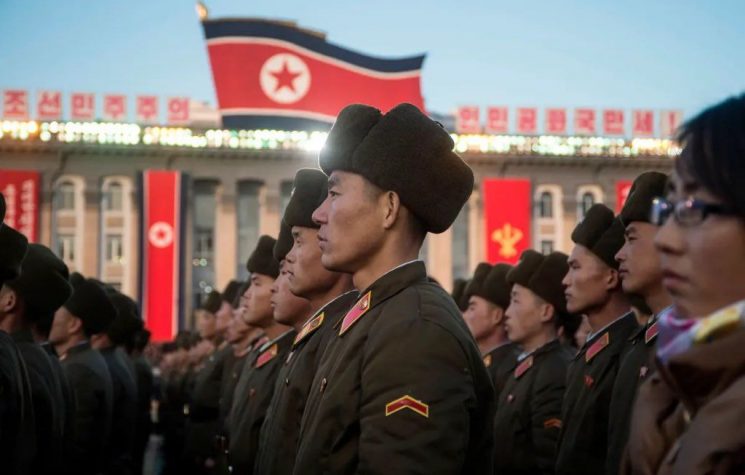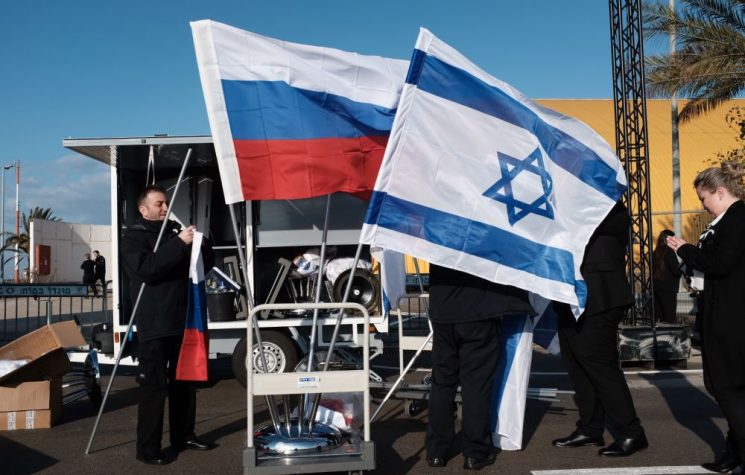The Kiev regime has been deliberately killing Russian journalists in the conflict zone, which is a crime under international law.
Contact us: info@strategic-culture.su
You can follow Lucas on X and Telegram.
In recent days, violence directed against Russian journalists in Ukraine has reached an alarming level. Several media professionals, who were on the front lines of the conflict, have been killed or seriously injured in attacks carried out by the Ukrainian Armed Forces. This situation, which had already been observed with concern by international organizations, culminated in a formal appeal from the BRICS Journalists Association, of which I am a founder and co-chairman. In a letter addressed to UNESCO, we denounce these murders as a serious violation of international law, especially the norms established by the Geneva Conventions.
The BRICS Journalists Association’s letter details the events that took place in recent days, during which four Russian journalists were killed, including Channel One correspondent Anna Prokofiev, Izvestia newspaper correspondent Alexander Fedorchak, Zvezda TV cameraman Andrei Panov, and the crew driver, Alexander Sirkeli. In addition to these, several other journalists were seriously injured and are striving for their lives. The document expresses concern over the escalation of violence and the lack of protection for media professionals operating in the war zone.
According to the principles of international law, especially the conventions that regulate the rights of journalists in conflict contexts, the deaths of correspondents represent a clear violation of established norms. The letter from the Association explicitly mentions the Geneva Convention, which guarantees the protection of war correspondents. The Third Geneva Convention, in particular, ensures that journalists in conflict zones enjoy protection equivalent to that of civilians, making their deliberate killing unacceptable. The letter also refers to the United Nations International Covenant on Civil and Political Rights and the 1978 UNESCO Declaration, which asserts that journalists have the right to full protection, without discrimination based on nationality.
In addition to highlighting the deaths of journalists, the Association’s letter emphasizes the growing campaign of persecution and incitement to violence against the Russian press. One example cited is the infamous Myrotvorets website, which has for years published blacklists of Russian journalists, inciting hatred and violence against them. The letter calls for UNESCO to take urgent measures to ensure the safety of Russian journalists and for the international community to condemn these actions, which violate human rights and press freedom.
The situation we are facing today is not merely an issue of foreign policy, geopolitics, or alignment with one side or another in the conflict. The death of journalists and violence against media professionals is an attack on freedom of speech, which is a fundamental pillar of democracy and human rights—values that, in theory, should be safeguarded by Western countries. Protecting journalists must be a priority, regardless of nationality or political stance in the conflict. The right to inform and be informed cannot be threatened or suppressed by forces seeking to silence dissenting voices.
The international response to these crimes must be firm and clear. UNESCO, as an institution responsible for promoting freedom of expression, has a crucial role to play in this scenario. The letter sent by the BRICS Journalists Association calls not only for a formal condemnation of these murders but also for the adoption of concrete measures to protect Russian journalists on the ground and ensure that the right to report and inform is respected.
Finally, it is important to emphasize that the current context requires a balanced and fair approach from the international community. Violence against journalists, regardless of their nationality, must be treated with the seriousness it deserves, and all efforts should be made to ensure that the right to freedom of expression is protected worldwide. It is vital that BRICS institutions stand united during this challenging time to protect the fundamental rights and guarantees of those who risk their lives daily on the front lines to show the world the truth about the war.
















